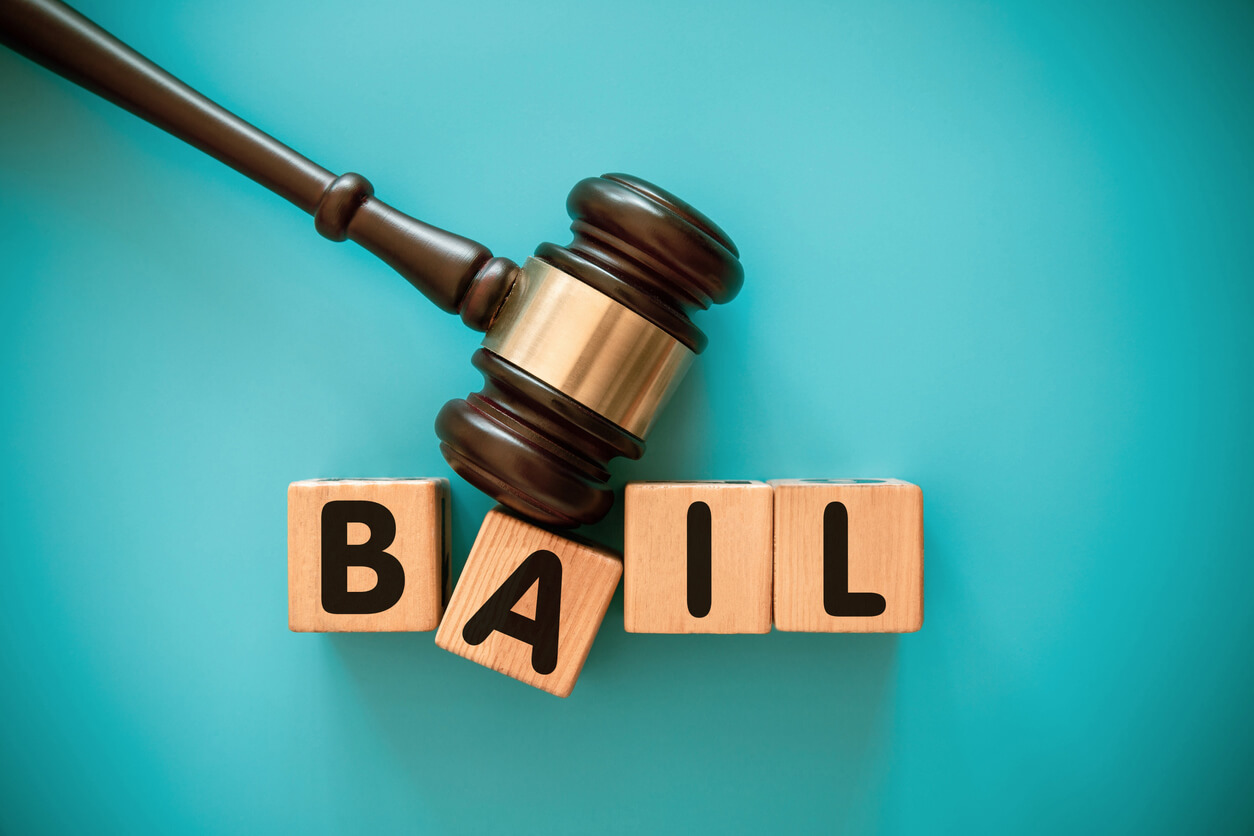
What Happens if You Can’t Afford Bail After an Arrest?
The Constitution of the State of South Carolina guarantees bail for non-violent offenders, and throughout the state’s history, it has expanded that assurance by creating a statutory right to bail for all non-capital offenses. Equally important, that statute creates a presumption that favors release on recognizance (OR) without bail.
In many cases, however, a judge will make certain findings that require bail. For example, if the judge believes you might not return for trial or you pose an unreasonable danger to others, the court can require you to post bail for your release.
However, what if you cannot afford bail?
Paying Bail
Ideally, a judge will grant you an OR release without bail, but you need to satisfy two requirements if they require bail. The first is a promise that you will appear as required to face your charges. The second is having property deposited with the court that you will forfeit if you break your promise.
For example, suppose the judge sets bail at $500. The court will order your release from jail if you promise to return and pledge $500 in cash, property, or surety.
You have three ways to pay your bail, which are as follows:
Cash Bail
First, you can always pay bail with cash, regardless of the judge’s orders. Thus, a judge might order bail payable by “cash or bond,” a type of bail that gives you a variety of options for payment.
In some situations, however, the court will only accept bail in the form of cash. Judges typically use cash bail in situations where they have grave concerns about the defendant’s return for trial. As a result, they want to ensure the court holds something the defendant will want and need.
10% Bond
A judge can order a 10% bond, which means you can pay the court clerk 10% of the bail. Judges may use the bond as a softer version of cash bail.
Surety Bond
A surety is a type of insurance administered by a bail bondsman. You or a loved one hires the bail bondsman by paying a fee and pledging collateral with them to cover the bail. If you make all of your court dates, the bondsman will release the collateral to you, but if you miss them, a judge can order the bondsman to either pay the full amount of your bail or return you to custody. The bail bondsman will send a bounty hunter to take you to jail so they can avoid forfeiting their collected fee.
What if you cannot afford bail?
In the event that you cannot afford bail, you still have options to secure your release, such as:
Property Bonds
Some counties accept property in place of cash. If your court allows it, you can deposit the deed to your home or the title to your car to cover your bail.
Taking Out a Loan
If the judge assigned to your case ordered cash-only bail, you or a loved one may need a loan to pay it off. A bank might require collateral to issue a personal loan. If you do not have collateral, you may need to borrow from friends or family.
Getting a Bail Bondsman
One of the first bail options most defendants consider is a bail bondsman. The bail bondsman will require a fee, but in many cases, that expense is significantly less than the value of the bail. Once you pay the fee, the bond agent will give their word to the court, and as all bond agents are licensed, their word is enough to have you released.
Filing a Motion for Reconsideration
You may be able to request reconsideration of your bail amount, but you will need to either prove a change in circumstances or wait six months to do so. To properly exercise this option, you should consider hiring a lawyer to draft your motion and argue at the hearing.
Examining Your Bail Options
Bail is essential to maintaining your normal life as you prepare for trial. Contact the Law Office of Mo Abusaft, a criminal defense firm in Spartanburg, South Carolina, to discuss your criminal case.
Categories
Civil rights Criminal defense Dui Domestic violence Drug crimes Firm news Mass-torts Murder Theft crimes Traffic-ticket-violations UncategorizedRecent Posts
Constitutional Rights in Criminal Cases Post-Conviction Relief Seeking Appeals, Pardons, and Sentence Reductions Investigating Police Misconduct and Defending Against Unlawful Arrests and Excessive Force Navigating DUI Charges Legal Strategies and Consequences Understanding the Bail Process How Bail Works in Criminal Cases